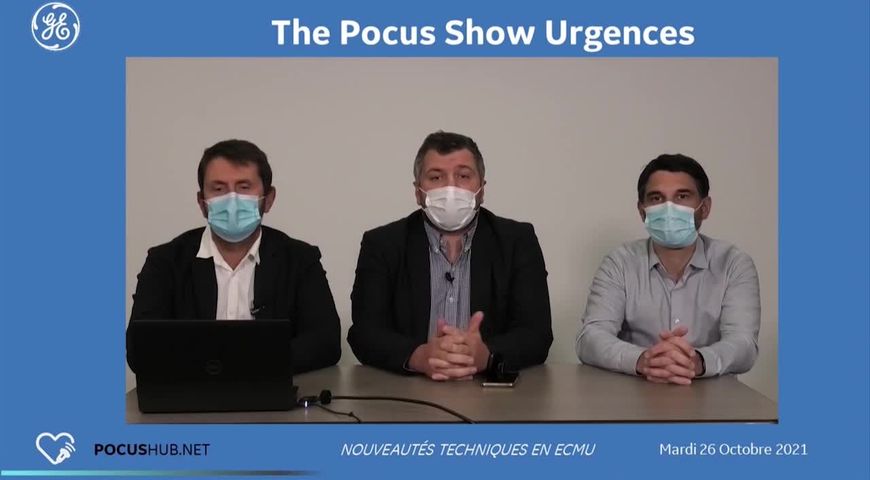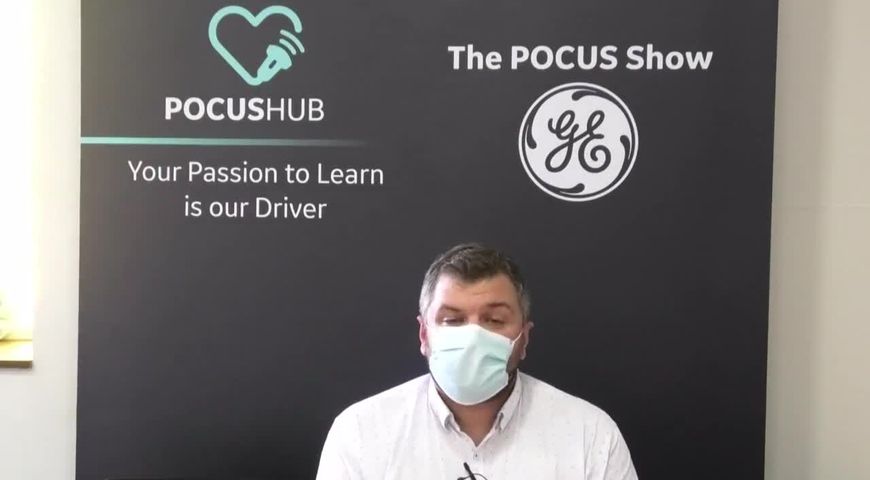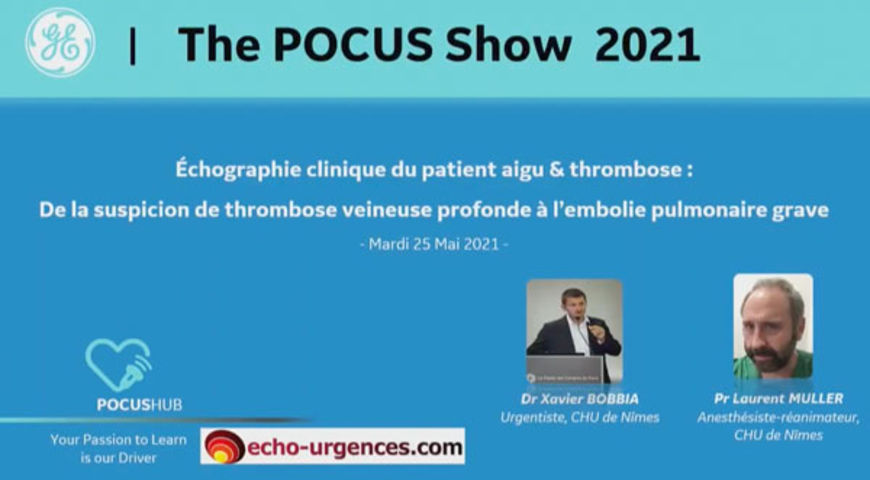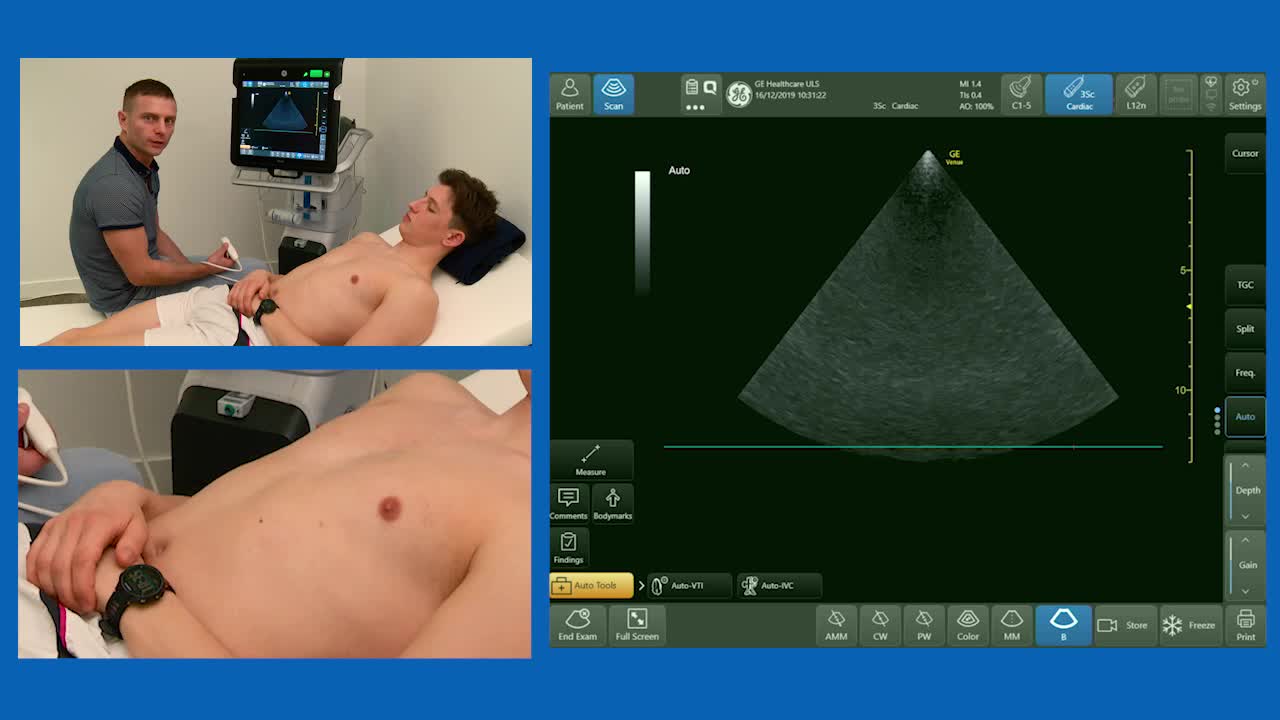
 Clinical specialty
Clinical specialty
 Clinical specialty
Clinical specialtyIn this short eight minute video, Dr. Ashley Miller, a consultant intensivist from Shrewsbury and Telfords Hospitals in the UK, talks us through how to assess volume status with focused echo. Volume status refers to the volume of blood in a patient’s circulatory system, this can be difficult to do through an echo, but this video focuses on if the right ventricle is overloaded and if there is reduced Venus return as a result of other conditions.
Within the first steps, Dr. Miller looks at the heart rate of the patient and the size of the ventricles. Throughout the various states, Dr. Miller provides helpful knowledge to assist in determining the volume status of the heart through echo while noting that other types of assessment are also worth exploring including referring to the patient history and clinical assessments to provide a full, well rounded picture, this will help you in the next steps for treatment. Watch the video in full for more information on using an echo to determine the volume status of the heart.

Dr. Thibaut Markarian

Prof. Laurent Muller

Prof. Laurent Muller

Dr. Thibaut Markarian

Prof. Laurent Muller

Prof. Laurent Muller
| Provider | Cookies |
|---|---|
| POCUShub | cookieconsent,token,healthcarepro,tab,PHPSESSID |
| Marketo | __cf_bm |
| Provider | Cookies |
|---|---|
| NID,CONSENT,1P_JAR,CONSENT,ANID,NID | |
| Doublick.net | IDE |
